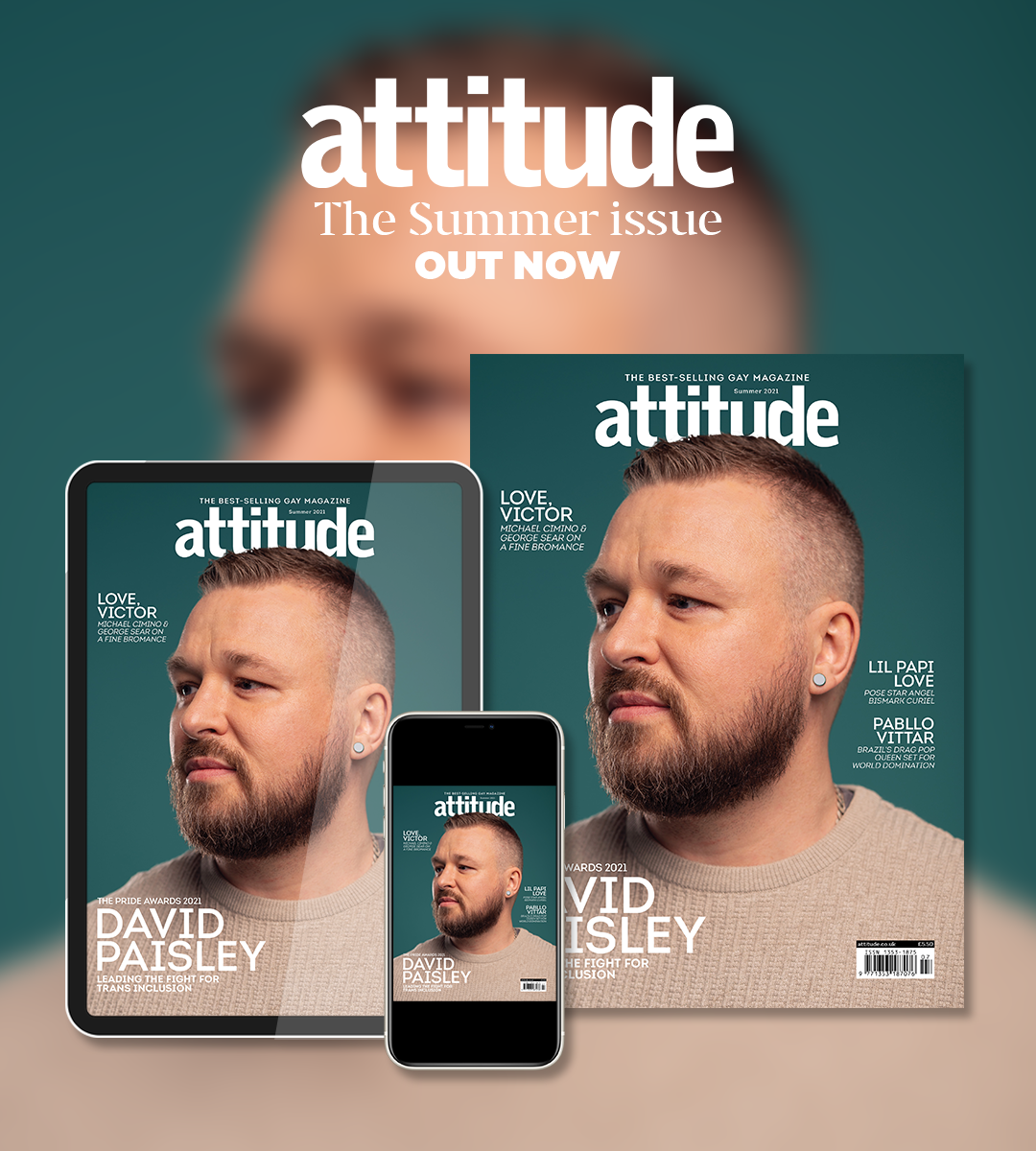The former chemsex addict helping other LGBTQ people overcome substance abuse issues
Ben Kaye is one of 10 everyday LGBTQ heroes honoured at the Attitude Pride Awards 2021, supported by Clifford Chance.
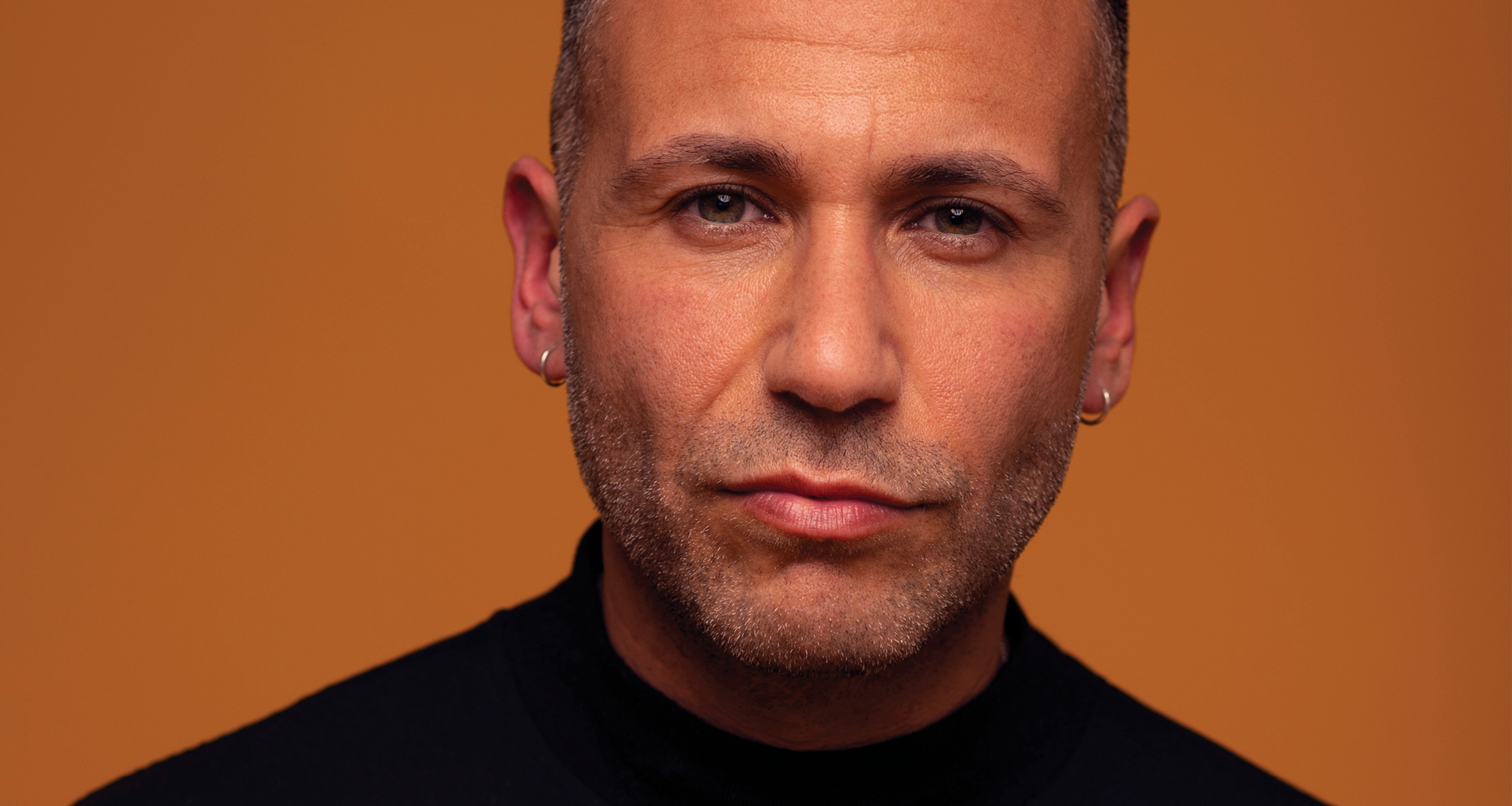
Interview: Cliff Joannou; pictures: Markus Bidaux
The Attitude Pride Awards, supported by Clifford Chance, are part of Attitude Pride at Home, in association with Klarna.
“I call it my Wisteria Lane lifestyle. It looked great on the outside: I had the perfect partner, a great job earning lots of money. I bought a flat. But internally, I was broken for a long time,” says Ben Kaye, reflecting on how drug addiction led to his picture-perfect world falling apart.
“It was only a matter of time before the cracks began to show. Over a really short period of time, my whole life spontaneously combusted. It was like slipping down a glass cylinder, holding onto the sides. There was a bottomless pit and I didn’t know when it was going to come to an end.”
“My parents got divorced when I was 15 years old”
It wasn’t the first time Ben’s life had hit a bump in the road. Coming from a privileged background in Woodford, Essex, Ben, 40, said he had an “idyllic life”, with loving, doting parents. But it wasn’t to last. “My parents got divorced when I was 15 years old, and it all went pear-shaped from that moment.
“That was the first notable trauma that stayed with me for most of my adult life.”
Meanwhile, Ben was also discovering his sexuality. When he was eight years old, he told his mum he thought he was gay, but she refused to accept it. “I was, like, ‘OK, I’m not gay. Mum told me I wasn’t gay.’” Those feelings resurfaced at age 14. Again, his mum closed the conversation down.
“I pushed all of that back into the closet as far as I possibly could until the age of about 21.”
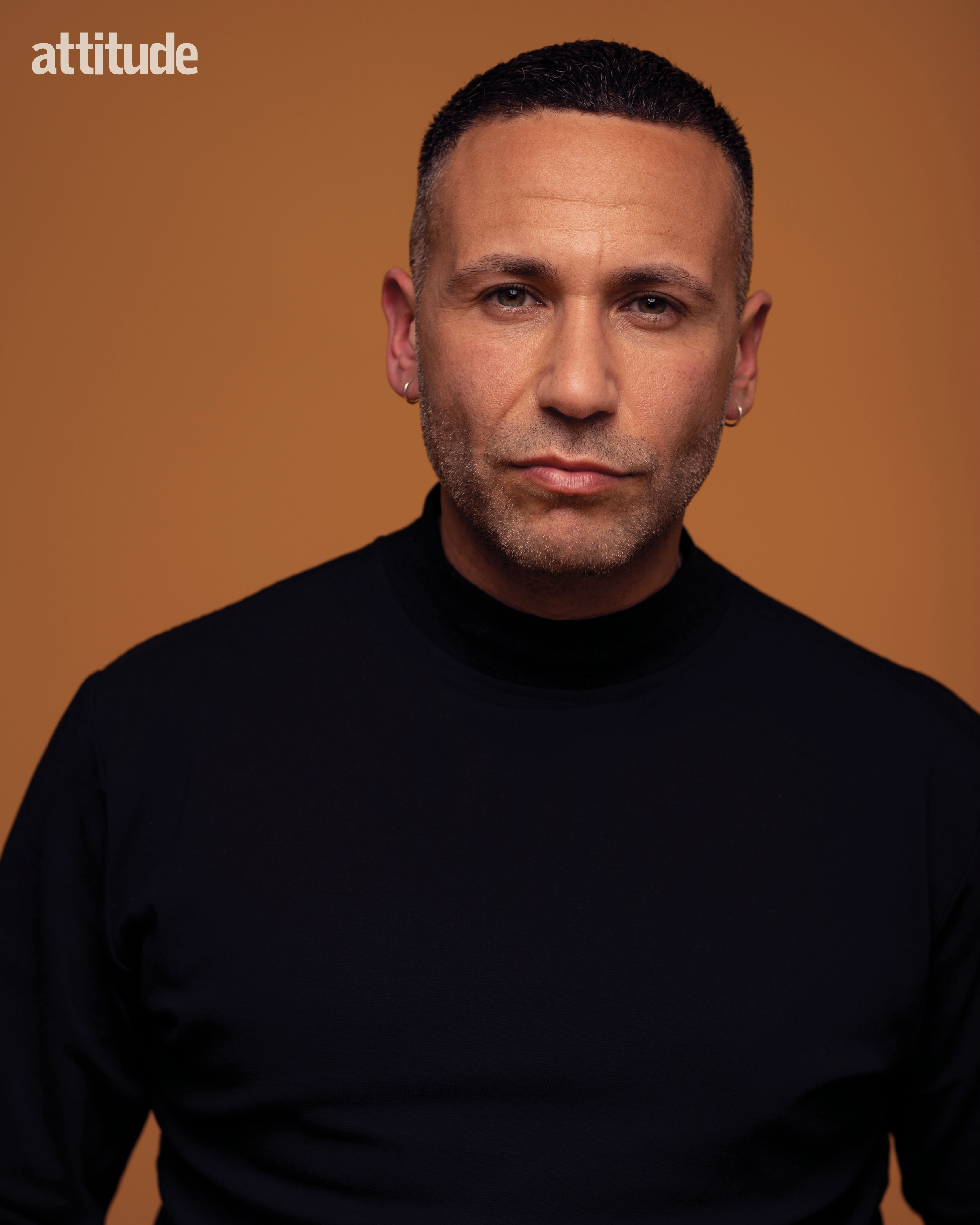
“I felt part of a family. Everyone was somebody.”
Seeking to explore his identity, Ben discovered London’s gay scene. “It was everything I imagined it to be: it was hedonistic, unique. I felt part of a family. Everyone was somebody. I lived for the weekends. It was magical.”
Party drugs such as crystal meth and GHB were common, while ketamine was the stable best friend he never left the house without. “I started using drugs recreationally from day dot. They came hand in hand with the club scene.
“I remember the first time I took ecstasy, it was in Heaven. It was the best feeling I’d ever had in my life — that was where I wanted to be all the time.”
“If someone took one, I wanted three”
Initially, drugs didn’t interfere with his life, but he admits he always took them to excess. “I can never remember a time when I didn’t take too much. If someone took one, I wanted three. If someone offered me a bag of something, I wanted not just a bag, I wanted their bag as well. This was continuous through all of my 20s and 30s.”
A series of events conspired to push his drug-taking to extremes. “I lost my mother to cancer, I was jumping from job to job. I was working in property for 20 years. Every day, I put a costume on, I put my suit on. I was so far removed from who I truly was, it was becoming more and more painful.
“I broke up with my fiancé; I thought we were going to be together forever. It was really tough for me at the time. It all happened within a short period.
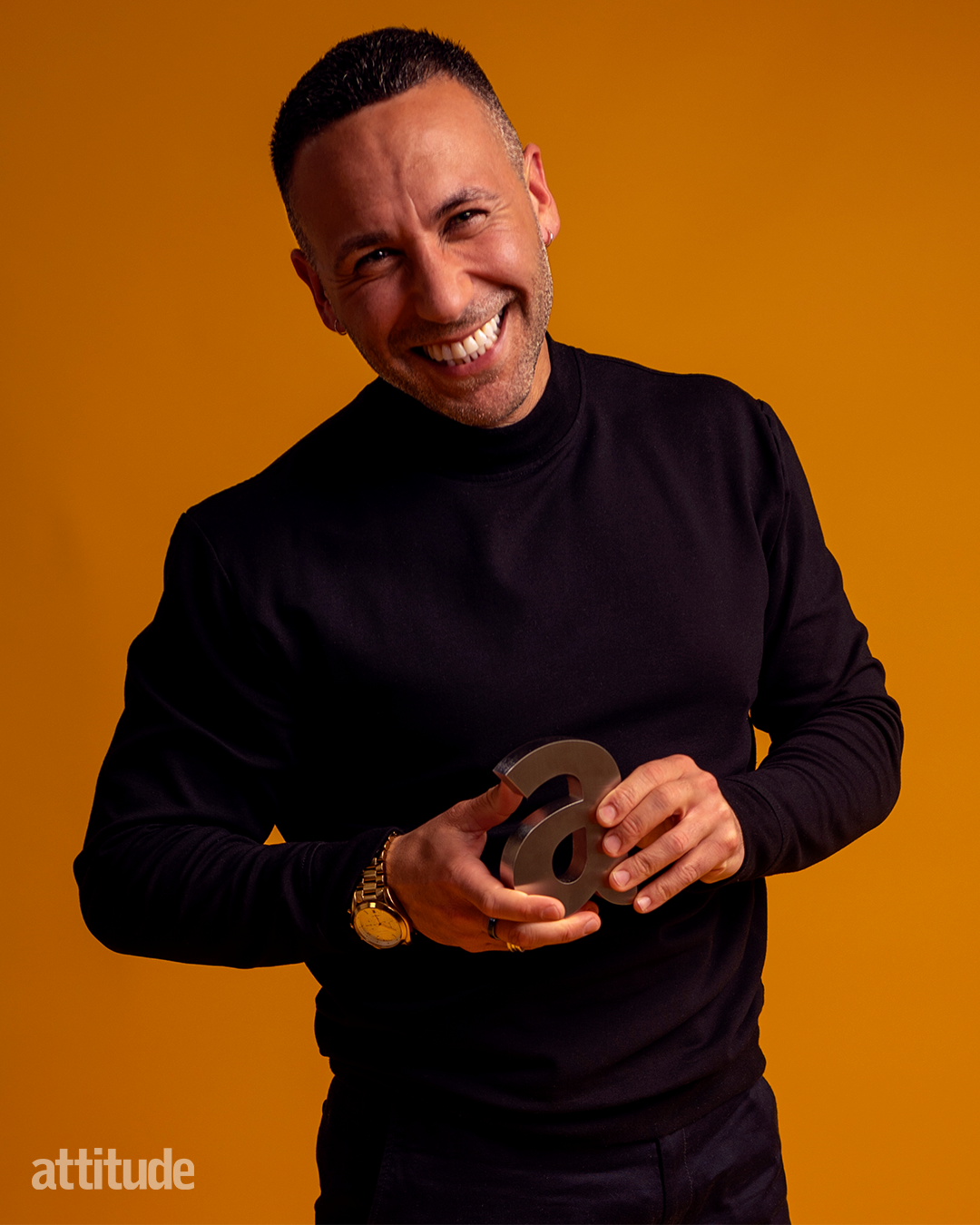
“I started to self-medicate. It was like a flip of a switch — from going out with friends, to getting high alone. It got dark very quickly. I reached out for substances that I’d never used before. I thought I had a grip on things, but the drugs pulled me away from reality on every single level.
“The more I took to make myself feel better, the further removed from reality I actually was.
“Life slipped through my fingers like quicksand. I was so unhappy with myself. I relate back to the initial trauma in my life at 15 years old, because that’s when I first started to self-medicate. I took anything Mum had in her cupboards — even her cigarettes.
“That’s the moment I realised that I didn’t like who I was and didn’t like the situations around me, and I couldn’t change those. From a very early age, I was addicted to changing the way that I felt.”
“I was a shadow of my former self”
Ben was classified as having a mental breakdown, combined and exasperated by the use of substances. “I was found rocking backwards and forwards in the living room by my sister. I was a shadow of my former self. Life in my head was horrendous.”
Drugs became entangled with sex. “I was connecting with guys that I didn’t know, people that really don’t care about me at all. All I wanted was connection because I was lonely,” he says, adding that he started injecting drugs.
“My mind was going a hundred miles an hour, full of anxiety. Friends reached out to me and said, ‘I think you’re taking too much.’ Of course, I was extremely defensive.”
Eventually, Ben came around to the fact that he was tearing himself apart. After a long struggle to access treatment, he was placed at a rehab centre in Bournemouth. “I hadn’t slept for a few days before I’d got to rehab. I had my last hit in a service station on the way down. I sat on the bed and I cried for five days. I said to the manager of the treatment centre, ‘I want to leave. I don’t like it here.’
“She sat on the edge of the bed and said to me, ‘You’ve got nowhere to go.’ The reality of that statement will stay with me for the rest of my life.” After my head slowed down, I felt safe for the first time in as long as I could remember.
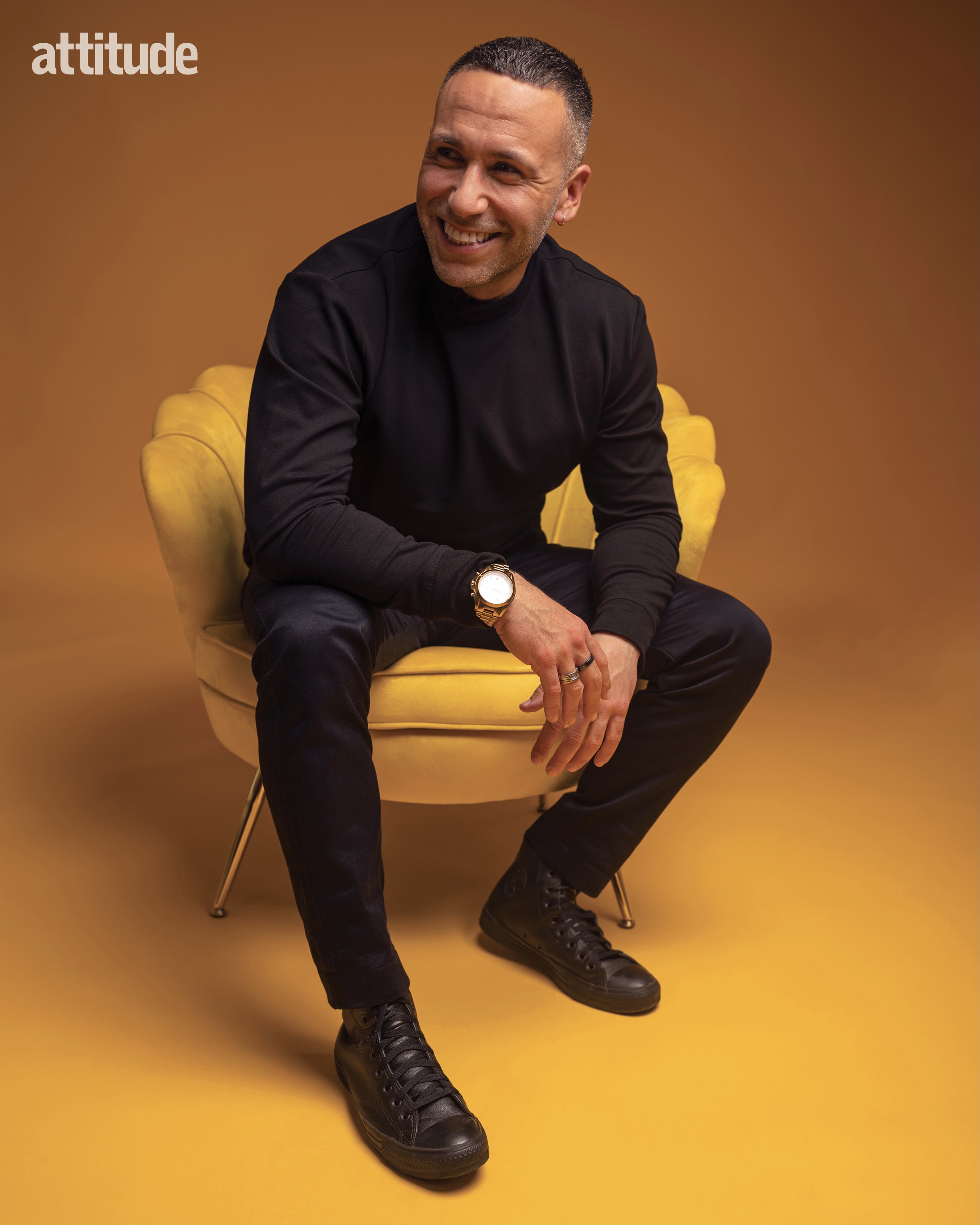
“It’s OK not to be OK.”
Ben celebrates four years sober in August, although he is aware that recovery is an ongoing process. In 2018, he channelled his experience by volunteering for the Amy Winehouse Foundation. He also asked the engagement coordinator of a local drug and alcohol service in Bournemouth if they had an LGBTQ group. “He said, ‘No, we haven’t got the capacity to run it at the moment, but if you want to launch something like that, you can.’” So he did.
Today, Ben works with national addiction organisation We Are With You, promoting LGBTQ services. “I’ve been banging the LGBTQ drum loud and proud. I’m really supported by my service, and we are looking to grow on the back of me reaching out to affiliated partners in Manchester and in London.
“We launched an LGBTQ web chat as a soft landing into services, for anyone that wants to reach out confidentially.
“A lot of LGBTQ people go through major trauma, issues from childhood with internalised homophobia, lack of identity. Many young LGBTQ people have to leave home. It’s just coming into [the] light now, how hard it is for some people. It’s OK not to be OK.
“I know people throw that statement around quite frequently, but I want people to know that they can get support wherever they are, and they don’t need to be alone.”
Looking back at his journey, the great lesson Ben has taken away from his recovery is to accept himself. “I wore a mask for many years, but it was painful not being my true self.”
Read more about this year’s Pride Award recipients in the Attitude Summer issue, out now.
Subscribe in print and get your first three issues for just £1 each, or digitally for just over £1.50 per issue.
